Some new regulations will be implemented in March: video recording of long-distance bus tickets in real-name registration system trial.
Chinanews. com, March 1 ST, the long-distance passenger transport in real-name registration system, the information of imported cosmetics can be traced back to the whole process, the time limit for postal delivery has been greatly shortened, and the people’s court trial must be recorded and videotaped … … Since March, the Regulations on the Administration of Road Passenger Transport and Passenger Stations, the Universal Postal Service Standard, the Film Industry Promotion Law and other laws and regulations have been officially implemented, which have affected our lives in many ways.
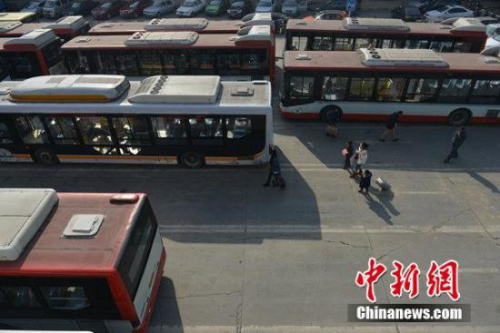
The revised "Regulations on the Management of Road Passenger Transport and Passenger Stations" by the Ministry of Transport has been implemented since March 1. The new regulations point out that real-name ticket sales and real-name inspection of passenger tickets will be fully implemented for inter-provincial and inter-city passenger lines. The long-distance bus ticket will be printed with the identity information of the passengers. If passengers lose their tickets, they can apply for and reissue them free of charge after verifying their identity information.
According to the new regulations, passengers who purchase tickets online through online travel agencies must also provide accurate and valid certificate information, and they must also carry this valid certificate when they go to the station to collect tickets; When purchasing tickets on behalf of others, the purchaser must show the valid certificates of the purchaser and the passenger at the same time; Those who bring children free of charge should apply for real-name registration system tickets free of charge with their valid identity documents.
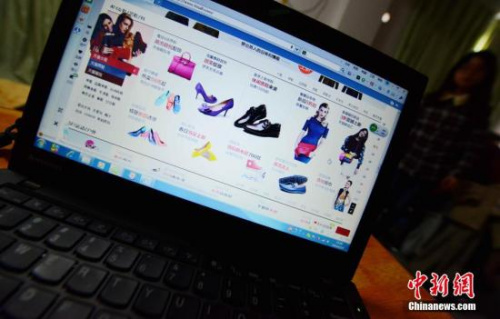
Seven kinds of goods purchased online are not applicable for seven days without reason to return.
The Interim Measures for the Seven-Day Unreasonable Return of Goods Purchased on the Internet, which will be implemented on 15th of this month, clarifies that seven types of goods are not applicable to the seven-day unreasonable return:
Goods ordered by consumers; Fresh and perishable goods; Digital commodities such as audio-visual products and computer software downloaded online or unpacked by consumers; Newspapers and periodicals delivered; Commodities that are easy to affect personal safety or life and health after unpacking, or commodities that are easy to change the quality of commodities after unpacking; Once activated or tried, the value of the goods is derogatory; Goods near the expiration date and defective goods that have been clearly stated at the time of sale.
The "Measures" stipulate that when consumers return goods, they should return the accessories and gifts together, and the freight generated by the return shall be borne by the consumers according to law. Unless otherwise agreed between the operator and the consumer, the agreement shall prevail. The measures also made clear punishment rules for online commodity sellers who violated regulations.
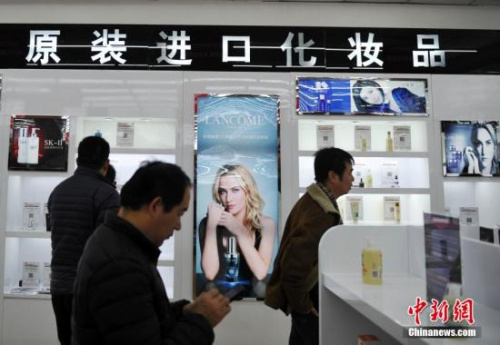
Imported cosmetics can be traced back to the whole process of information
The Provisions on the Administration of Filing, Import Records and Sales Records of Domestic Consignees of Imported Cosmetics issued by the General Administration of Quality Supervision, Inspection and Quarantine came into effect on March 1st. This regulation details the filing, import records and sales records of domestic consignees of imported cosmetics. Tracing the information of imported cosmetics in the whole process can ensure that the defective products can be recalled quickly when quality and safety problems occur, and ensure the safety of consumption.
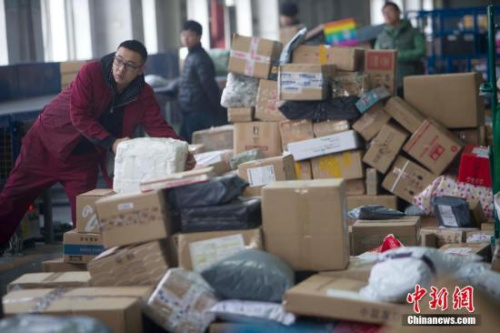
New postal service standard: the delivery time limit is greatly shortened
The newly revised "Universal Postal Service" standard came into effect on March 1st. The requirements of the new standard for the whole time limit of mail are obviously improved. The longest time for letters is 7 or 8 days, and ordinary parcels can be received in 8 or 9 days.
The new standard stipulates that each county-level administrative region should have at least one postal business place that provides international, Hong Kong, Macao and Taiwan mail services, and each township and town should have at least one postal business place that provides parcel collection services.
In terms of protecting users’ rights and interests, the new standard has increased the business hours to be publicized, the mail time limit, and refined the provisions on users’ complaints. The time limit for responding to users’ complaints has been reduced from 30 working days stipulated in the current standard to 15 days.
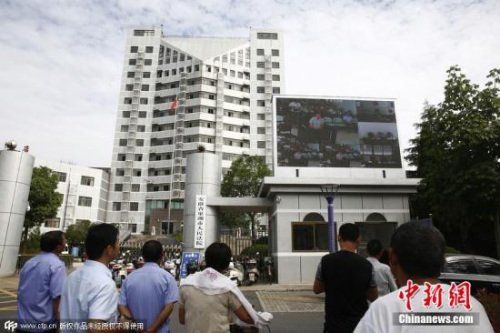
The trial of the people’s court shall be recorded and videotaped throughout.
"Several Provisions of the Supreme People’s Court on the Audio and Video Recording of People’s Courts" will come into force on March 1st. The "Regulations" clarify that when a people’s court hears a case, it shall record and video the whole trial. Without the permission of the people’s court, no one may record or videotape the trial activities, and may not record, copy, delete or transfer the audio and video recordings of the trial.
The "Regulations" point out that the people’s court should take overlapping synchronous recording time or other measures to ensure the authenticity and integrity of the audio and video recordings of the trial. The "Regulations" emphasize that the recording of court trial activities involving state secrets, commercial secrets, personal privacy, and the storage, inspection, copying, and transcription of court trial audio and video should comply with relevant regulations such as confidentiality management.
The names of public figures in political and cultural fields shall not be used as trademarks.
The Provisions of the Supreme People’s Court on Several Issues Concerning the Trial of Administrative Cases of Trademark Authorization and Confirmation, which came into effect on March 1, clearly states that the application for registration of the names of public figures in the fields of politics, economy, culture, religion and nationality as trademarks belongs to "other adverse effects" as stipulated in Item (8) of Article 10 of the Trademark Law. Therefore, according to the Trademark Law, the names of the above public figures shall not be used as trademarks.
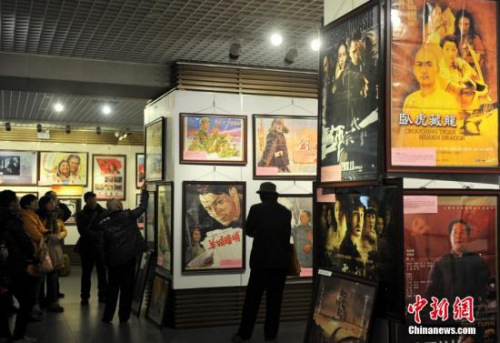
Film practitioners should abide by professional ethics in virtue and artistry.
The Film Industry Promotion Law came into effect on March 1st. For the first time, the law clearly requires filmmakers: actors, directors and other film practitioners should adhere to the dual virtues of morality and art, abide by laws and regulations, respect social morality, abide by professional ethics, strengthen self-discipline and establish a good social image.
The law makes it clear that film distribution enterprises and cinemas should truthfully count the film sales revenue and provide true and accurate statistical data, and must not take improper means such as making false transactions, making false reports or concealing sales revenue to deceive or mislead the audience and disrupt the film market order. At the same time, the law stipulates corresponding penalties.
The Film Industry Promotion Law not only decentralizes the examination and approval authority, but also standardizes the procedures for the formulation and disclosure of film censorship standards, and sets up provisions for retrial in case of disputes.
The government should provide corresponding public cultural services according to the characteristics of the group.
People’s Republic of China (PRC) Public Cultural Service Guarantee Law will come into force on March 1, 2017. The law stipulates that no unit or individual may occupy the land for the construction of public cultural facilities or change its use without authorization. If it is necessary to adjust the construction land for public cultural facilities due to special circumstances, the construction land shall be re-determined.
The law clearly stipulates that no unit or individual may dismantle public cultural facilities without authorization, change their functions and uses without authorization or hinder their normal operation, occupy or misappropriate public cultural facilities, or use public cultural facilities for business activities unrelated to public cultural services.
According to this law, people’s governments at all levels should provide corresponding public cultural services according to the characteristics and needs of minors, the elderly, the disabled and the floating population.